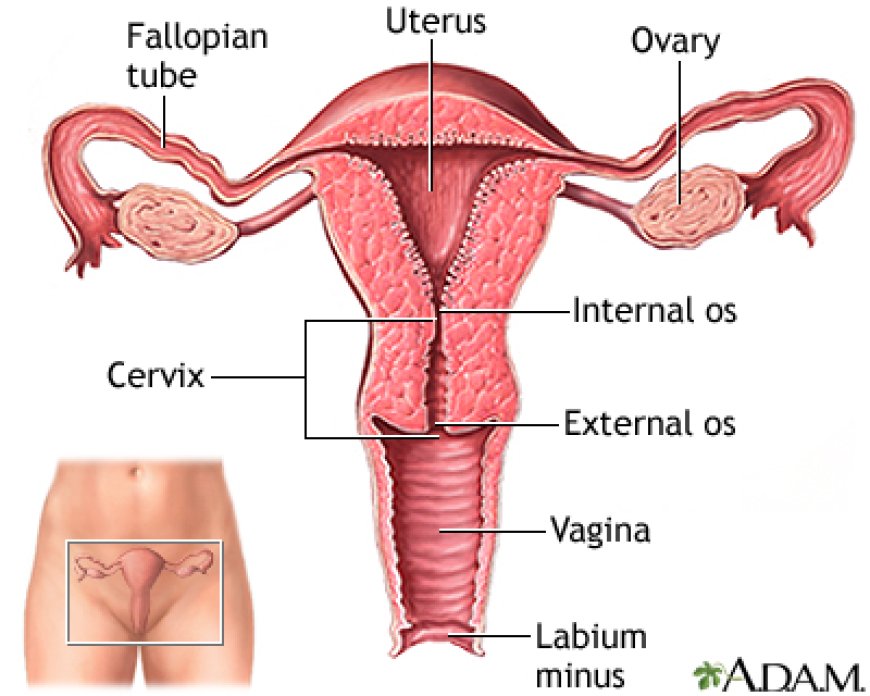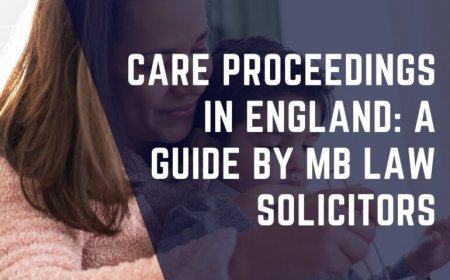Enlarged ovaries: Everything you need to know!!!
Ovaries can be enlarged for many reasons.

Ovary size can vary naturally from person to person. However, they can also become enlarged for several reasons. Although some causes of enlarged ovaries are harmless, such as ovulation, others may require treatment.
The ovaries are two small egg-shaped organs in the female reproductive system. They produce egg cells and also release the hormones progesterone and estrogen, which are vital to ovulation, pregnancy, and the development of female sex characteristics.
This article will review the symptoms, causes, and treatment of enlarged ovaries.
While enlarged ovaries do not always cause symptoms, people with this condition may experience:
- changes in bowel habits
- increased urinary urgency
- irregular menstrual cycle
- pelvic pain or pressure
- pelvic swelling or feelings of fullness
- persistent abdominal discomfort, such as bloating or nausea
- thinning hair on the head
- excess hair elsewhere on the body
- unexplained fatigue
- weight gain or weight loss
Sometimes, the ovaries may become so enlarged that a person or doctor can feel the ovary in the pelvis, but this is not often the case.
When someone has symptoms that could indicate enlarged ovaries or another ovarian condition, a doctor is likely to recommend an ultrasound.
An ultrasound uses sound waves to create images of the pelvic organs. Doctors may do the ultrasound across the abdomen (transabdominal) or insert the probe into the vagina (transvaginal).
Enlarged ovaries have many potential causes, including:
Ovulation
Ovulation is when an ovary releases an egg for fertilization. During ovulation, the ovaries can become hyperstimulated by hormones and may temporarily enlarge.
Enlarged ovaries may be more likely during ovulation if a person is taking fertility drugs.
Polycystic ovary syndrome (PCOS)
PCOS is a common condition in which a hormonal imbalance causes small cysts to develop on the ovaries.
People with PCOS may experience irregular periods and might find it difficult to get pregnant, as the ovaries may not release eggs regularly. PCOS can also cause weight gain and excess hair growth on the body.
Ovarian edema
This rare condition occurs when fluid builds up in the ovarian tissue. Most of the time, ovarian edema occurs in only one ovary.
Ovarian edema may occurTrusted Source due to partial ovarian torsion, which blocks the blood flow and prevents lymph fluid from draining. As a result, fluid builds up, and the ovary enlarges.
Ovarian torsion
Ovarian torsion refers to the ovary becoming partially or fully rotated around the supporting tissues. It is a medical emergency.
Ovarian torsion cuts off the blood flow to the ovary and can cause significant nausea, pelvic pain, and vomiting. It requires prompt surgery to correct the rotation and restore blood flow.
Benign tumors or cysts
The ovaries are subject to several types of benign, or non-cancerous, growths or cysts. These include mature cystic teratomas, fibrothecomas, and cystadenoma.
Cysts are common and usually resolve without treatment.
Ovarian cancer
Ovarian cancer occurs when cancerous cells grow on the ovaries. It is more common after menopause.
Symptoms of ovarian cancer are non-specific and include pelvic pain, bloating, and fatigue.
A doctor will consider a person’s medical history, symptoms, and ultrasound images before testing for ovarian cancer. A biopsy can definitively diagnose the disease.

The treatment for enlarged ovaries will depend on the underlying cause.
For example, steps for managing PCOS may include:
- Losing weight, as even a 10 percentTrusted Source reduction in body weight can help to minimize symptoms and make periods more regular.
- Taking hormonal birth control pills, as these can help to regulate the menstrual cycle.
- Taking anti-androgen medications.
- Taking metformin, a medication that may help to control insulin levels and excess androgen hormones.
Treatments for ovarian cancer may include the removal of the ovaries and any surrounding tissue that the disease affects.
A doctor may also recommend chemotherapy to kill cancer cells and radiation treatments to reduce the size of the tumors before removing them.
Enlarged ovaries related to the menstrual cycle do not require treatment unless they are causing uncomfortable symptoms.
What's Your Reaction?




























































